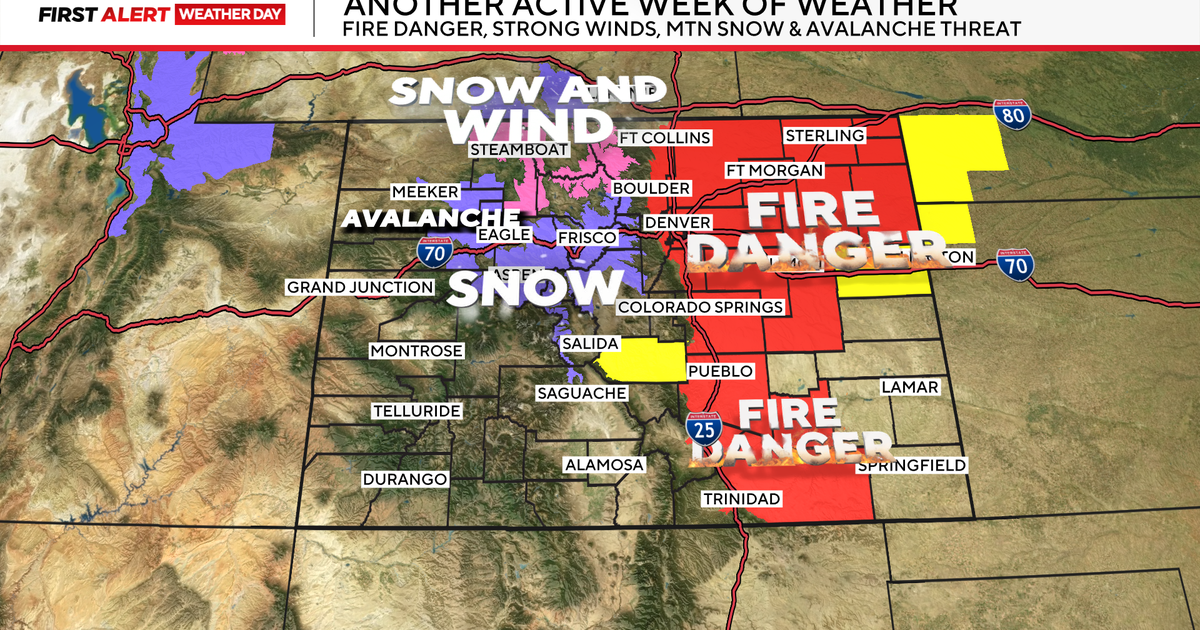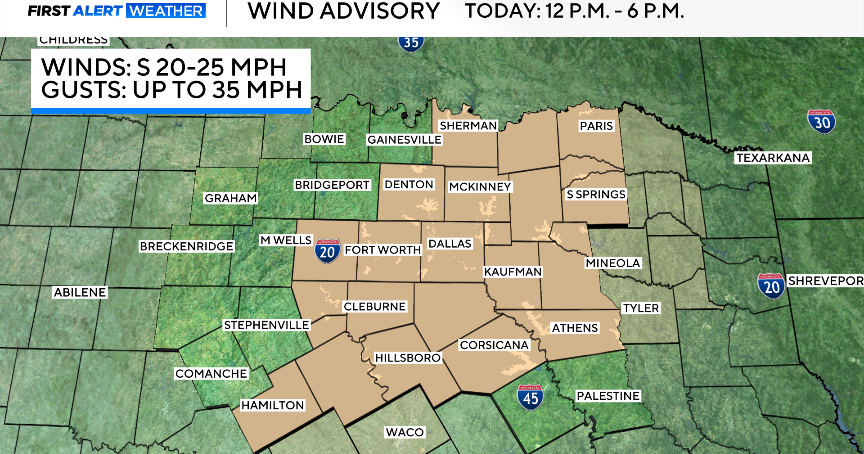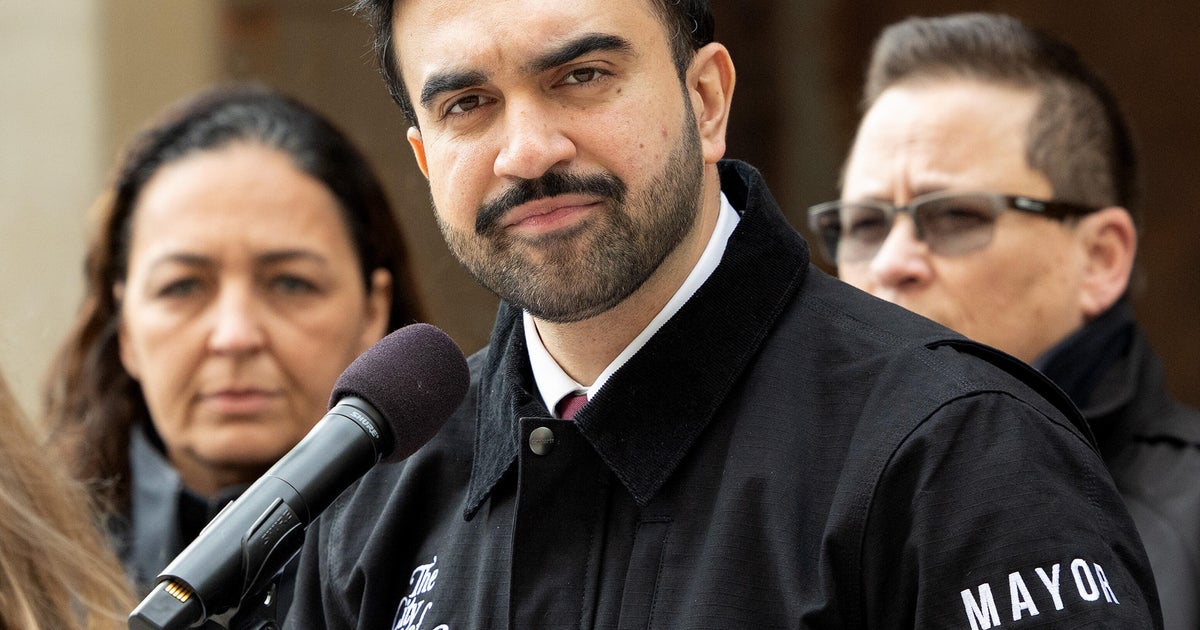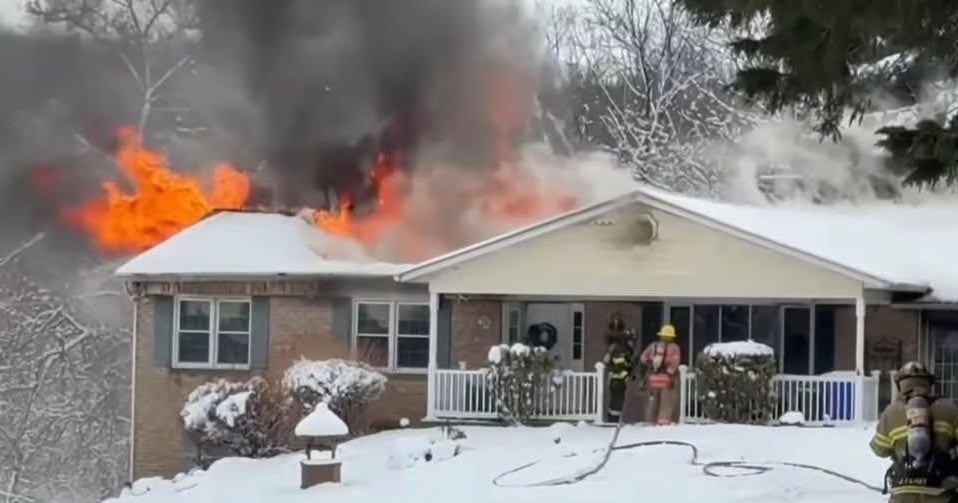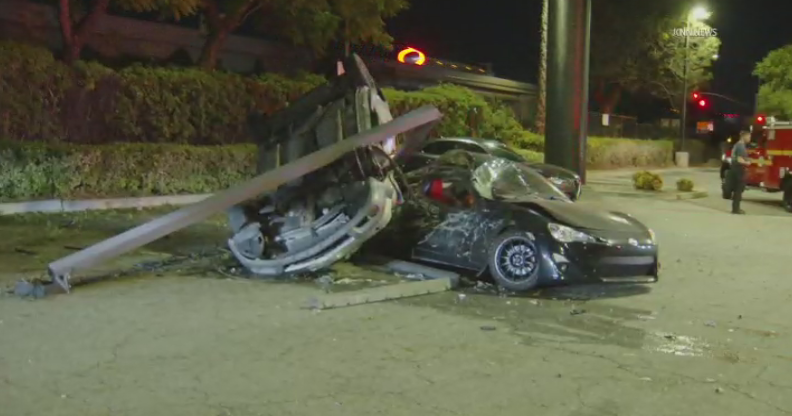UC Expert Says California Forest Management Alone Can't Prevent 'Wind-Driven' Wildfires
BERKELEY (KPIX) - The term "forest management" is being thrown around a lot lately, but what exactly is California doing and is it helping or hindering the fight against wildfires?
First, to be clear, UC Berkeley Forestry Specialist, Dr. Bill Stewart, says no amount of forest management would prevent the kinds of fires we've seen lately.
"The wind-driven fires we're having now -- nothing is going to slow those down," he said. "When you get high, 30 mph consistent winds, it doesn't matter what you did. It's going to burn."
But he said neglected forests can add to the problem. How closely trees are spaced and how much debris is beneath them determines the fire danger and Dr. Stewart said private timber companies are doing a much better job of managing that.
"They spend a few hundred dollars an acre reducing the fuels, the small trees, the broken branches, the litter, when they're doing their timber harvesting," he said.
That's compared to several thousand dollars per acre when government tries to do it, with its myriad of bureaucratic processes and red tape. And despite being criticized by President Trump for poor forest management, Governor Newsom requested more funding Monday, correctly pointing out that it is federal lands in the state that pose the biggest problem.
"Fifty-seven percent of the land in the state is federal forest land. Three percent is California," Governor Newsom told President Trump. "So we really do need that support."
But Dr. Stewart said there will never be enough money to manage forests as it's currently being done. He said it will require California to soften its rules and change its attitude about logging and removing forest debris. And rather than always putting fires out, it may be necessary to actually start controlled burning of forestland, when winds aren't high, to provide buffer zones that can slow future wildfires down.
While all of that may sound unlikely, Dr. Stewart said we now have plenty of reasons to consider it.
"Having 6 of the 10 biggest fires in the last two years suggests that things are very different now than they were over the last 50 years," he said.

